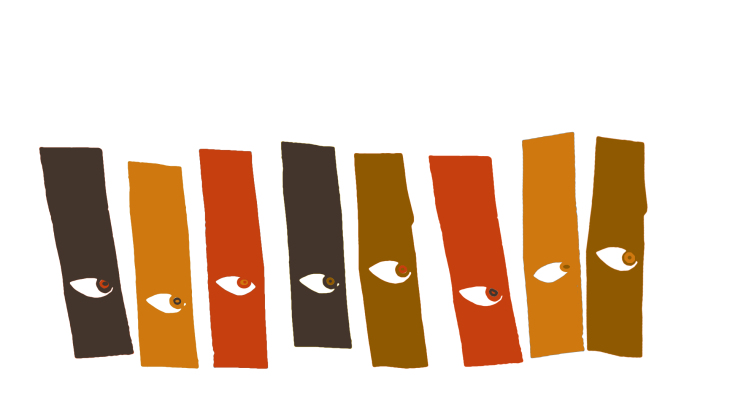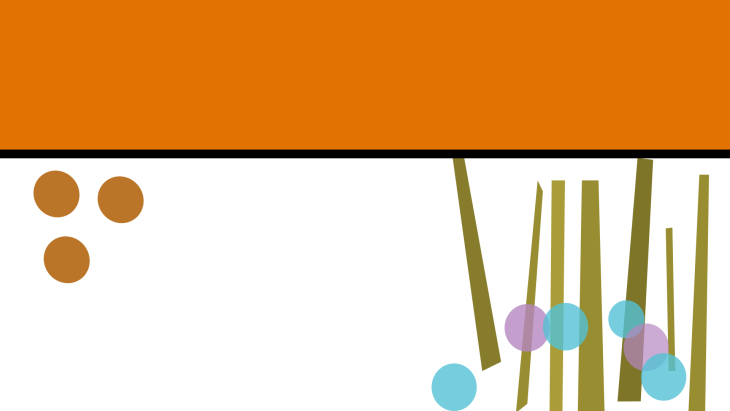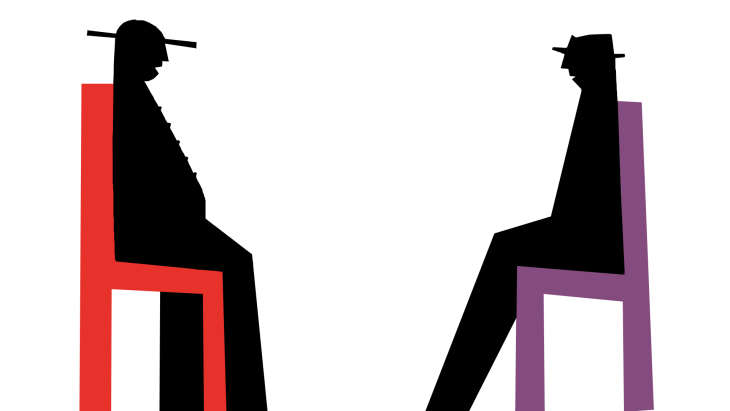I am in need of a joke. I have just one. I need another. D and I go out with friends, to dinner or for a drink. D thinks that he’s very funny so will crack a few jokes. Then other people tell their jokes. Then the most hilarious thing of all – D announces that I only have one joke, and that I always tell it and that I haven’t got any more.
“Tell us a joke,” he says.
“No,” I say.
“She’s only got one,” he says, giggling.
“So?” I say.
“Tell us it.”
“No.”
“I’ll tell it,” he says, then of course can’t remember it, his head being stuff so full of his own jokes. “I only know the punchline. You tell it.”
And then I do tell it.
The joke is this:
What do you call a square testicle?
A cubicle
This, I think, is very funny. It makes most people laugh. D, however, has heard it many, many times. He forgets that the lot of a married person is to hear one’s spouse repeat the same stories and jokes ad nauseum until death do us part. He forgets how many times I’ve heard him tell the story about his brother and the lazy cats, or about how he nearly died scuba diving (he didn’t nearly die), or the number of times he’s retold the winning joke from the Edinburgh festival (“I decided to sell my Hoover… well it was just collecting dust.”)
The problem with my joke is that it’s not really mine. A friend told me it a few years ago and I thought it was funny and it stuck in my head. I like the wordplay, the way that the words rhyme with each other. I like the three-syllable sound of the words. I like the image of a square testicle.
But I need a new one, or I need some new friends. Probably a new joke is easier to come by. The problem with jokes is that half of them are racist, mysoginistic, or filthy, making them inappropriate for telling to people who you don’t know all that well (I’m probably already on shakey grounds with my testicle joke, but a least it’s more fit for public conception than 50% of D’s). About another quarter of them are totally lame. The type of jokes our eleven-year old niece tells us, in which she gets the telling totally wrong, giggling like a harpee as she tries to construct a joke in a sort of Burroughs cut-up technique fashion. Or jokes from a joke book that must have been passed down through a hundred generations.
“Knock knock.”
“Who’s there?”
“Banana.”
“……”
“Knock knock.”
“I’ve heard this one before.”
“I hate you.” Screams. Storms off.
I have done some searching for my new joke. I need one that is short. I have a terrible memory and I fear mangling a joke to be received by stoney silence while D giggles (he does that a lot).
Here are some that I’ve come across:
What has teeth but no mouth?
A comb.
More of a riddle than a joke.
How do you know that carrots are good for your eyesight?
Have you ever seen a rabbit with glasses?
Lame.
Why did the man put condoms on his ears during sex?
He didn’t want to get hearing aids.
Good imagery but not very funny.
Why did the cat go to the hospital?
To have a CAT scan done.
Obvious.
The thing about the square testicle joke is that it’s pretty much perfect. It contains so much:
- a play on words
- rhyme
- slightly riské but not over the top therefore suitable for most company
- conjurs up an excellent mental image
However, my telling of it is ruined by D giggling and pronouncing to the world how hilarious it is that I, his wife, have only one joke. It’s not simply that I have only one joke, but that I am the joke. I, in my one-jokeness, have become a prop in D’s box of funnies that he trots out for anyone who will listen.
And so, has anyone got a new one for me?









 ).
).






































